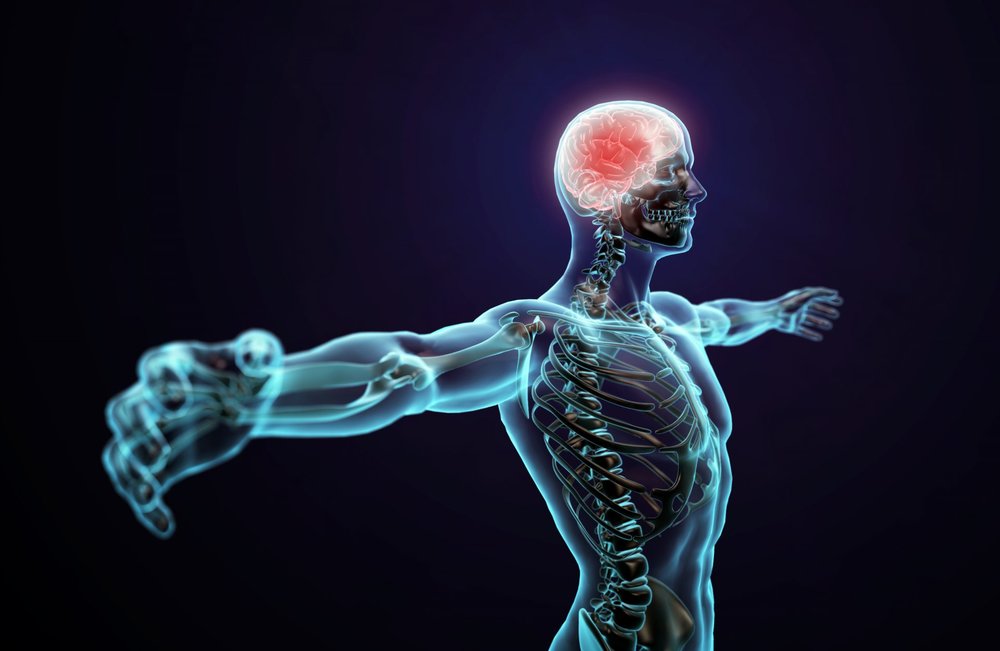CBD, health, TESCosmetics
The Human Body has its own Cannabinoid System!
The Human Body has its own Cannabinoid System
Our body makes its own endocannabinoids. Endocannanibinoids are endogenous cannabinoids. The ECS, or endocannabinoid system, is a system in our bodies which was only discovered by researchers in the 1990s. Cannabinoids are the different compounds found in cannabis. The two most well-known cannabinoids are CBD and THC.
Our ECS’ most important job is to help the body maintain homeostasis, equilibrium or internal balance. Our ECS helps regulate our appetite, inflammation, memory, mood, sleep, and reproduction, among other functions.
We have two main Endocannabinoid Receptors — CB1 and CB2. CB1 receptors are found in the central nervous system. CB2 receptors the are found in the peripheral nervous system.
CB1 receptors are mostly responsible for appetite, coordination, memory, mood and movement. CB2 receptors influence inflammation and pain.
First, cannabinoids enter our system. Then, the enzymes break down the cannabinoids and finally the endocannabinoids look to bind with receptors.
CBD activates or interacts with the receptors. This interaction is what gives us with the popular health and wellness benefits of CBD.
CBD can also influence other non-cannabinoid receptors!
CBD can activate the 5-HT serotonin receptors. When CBD interacts with the 5-HT receptors, it produces anti-anxiety and anti-depressant effects.
CBD can affect the TRPV1 receptor. When CBD interacts with the TRPV1 receptor, it blocks pain signals.


